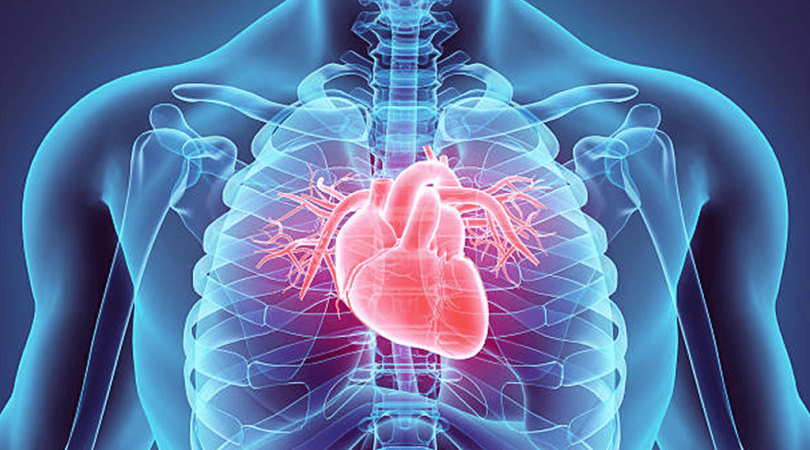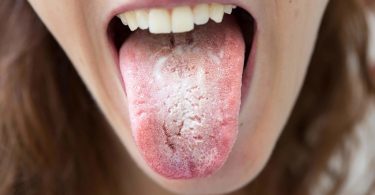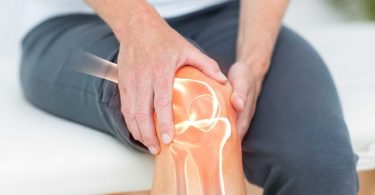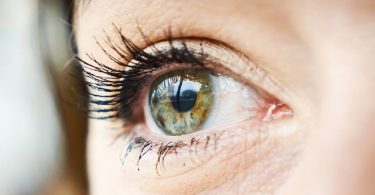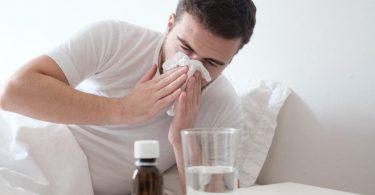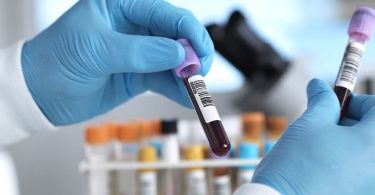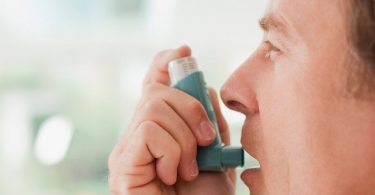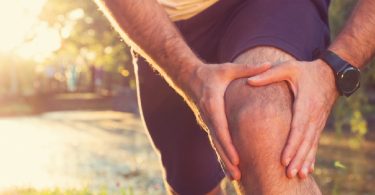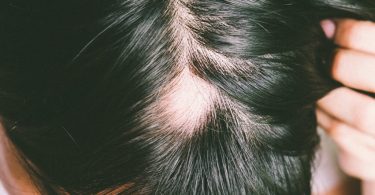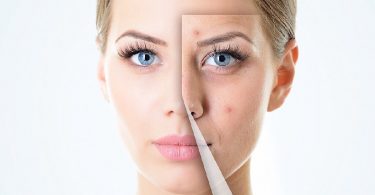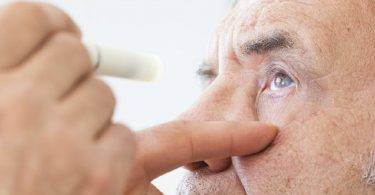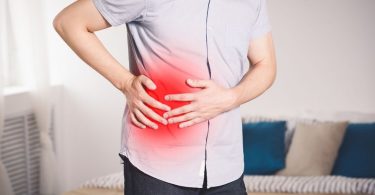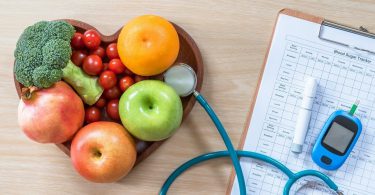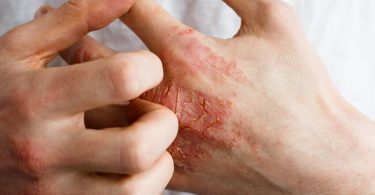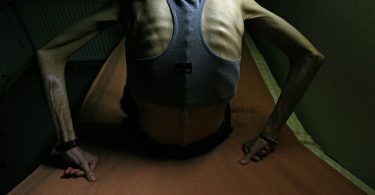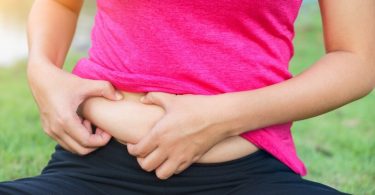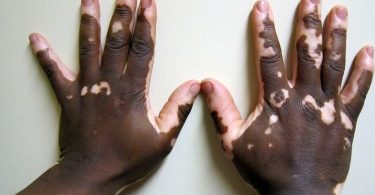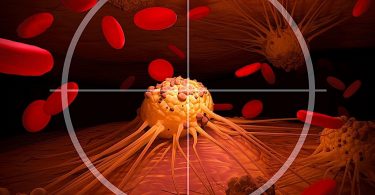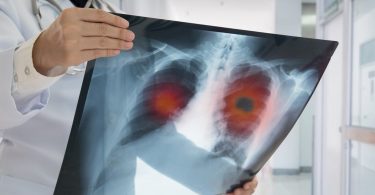Angina (pectoris angina) describes severe pain localized in the chest. So, we will talk in this article about: angina causes, symptoms and treatment.
Contents
Angina definition
The pectoris angina corresponds to severe pain located in the chest.
So, it is an oppression-like pain attack in the heart that is encouraged by an obstruction of a coronary artery (which carries oxygenated blood to the heart muscle) or a spasm.
There are two types of angina pectoris:
- stable: it appears during exercise;
- unstable: it occurs at rest or during a minute effort.
In the case of angina, precautions must be taken to prevent the occurrence of a major complication: myocardial infarction. Adequate treatment is also essential.
Angina causes
The angina is to liaise with circulatory disorders in the coronary arteries that supply the heart. So, the major cause of these disorders of coronary irrigation is arteriosclerosis (thickening or hardening of these arteries).
So, the efforts favoring the onset can be:
- walking on uneven terrain or uphill;
- the fight against the cold;
- the postprandial period (after the meal) therefore of digestion;
- significant anger…
Factors favoring angina
The risk factors are:
- overweight or obesity;
- high blood pressure ;
- smoking;
- alcoholism;
- diabetes;
- sedentary lifestyle (physical inactivity);
- family history of heart attack;
- excess cholesterol and triglycerides (fatty acids);
- age (at 45 for men; 55 for women)…
Angina symptoms
The angina presents no problems forerunners: pain appears suddenly during exercise or at rest.
The most frequent symptoms are:
- more or less intense pain maintained in the rib cage (feeling of tightness or noose). The pain is usually located at the back of the sternum, but not always. It can also be lateral, on the left, take the form of a bar in the middle of the chest, a feeling of pressure which goes up along the neck, towards the jaw, which goes down along the arm, of a simple feeling of discomfort, a feeling of heaviness or swelling, located in the jaw, arms and not the chest;
- nausea, even vomiting;
- breathing difficulties;
- heavy sweating;
- sometimes hiccups and / or belching;
- anxiety, worry;
- discomfort.
When such symptoms occur, you should seek emergency medical help.
Angina prevention councils
In order to prevent the onset of angina , cardiovascular risk factors should be limited:
- first, monitor or avoid the development of obesity and / or correct an already established overweight (reduce sugars and fats) ;
- then, adopt a diet preventing the onset of arteriosclerosis (Mediterranean diet);
- then, practice regular physical activity (walking, swimming, yoga, etc.);
- manage anxiety and insomnia ;
- quit smoking or avoid smoky places;
- stop excessive alcohol consumption;
- fight against high blood pressure or diabetes;
- treat an abnormality in the lipid level in the blood (dyslipidemia).
It is advisable, from the age of 40, to carry out a cardiological assessment when resuming a sporting activity after a long period of stoppage.
Angina exams
The angina is often the first sign of cardiac involvement.
To confirm the diagnosis of angina , various examinations are performed:
- a cardiac ultrasound;
- an exploration of the heart by scintigraphy;
- a record of the activity of the heart;
- an effort test;
- an X-ray examination of the coronary arteries.
Angina treatment
During a very first attack in a person, it is imperative to immobilize him and to call for help.
When a crisis occurs in a person who already knows he has angina and is receiving treatment, the pain is relieved with trinitrine (spray or tablet) which he usually keeps on him.
In addition, appropriate treatment is prescribed by the doctor depending on the form of angina:
- drugs are used to improve the circulation of blood in the coronaries;
- then, sometimes bypass surgery or angioplasty can be done to clear the blocked artery.
So, It is essential to set up regular cardiological monitoring.
Homeopathy
While waiting for the arrival of the SAMU or the doctor who must be called urgently and if treatment with trinitrine is not available, it is possible to take:
- pain in the heart associated with cold sweats , Tabacum 5 CH, 3 granules;
- in case of feeling of heart in a vice, Cactus grandiflorus 5 CH, 3 granules;
- when heart pain appears with irradiati on in the left arm, Latrodectus mactans 5 CH, 3 granules.

